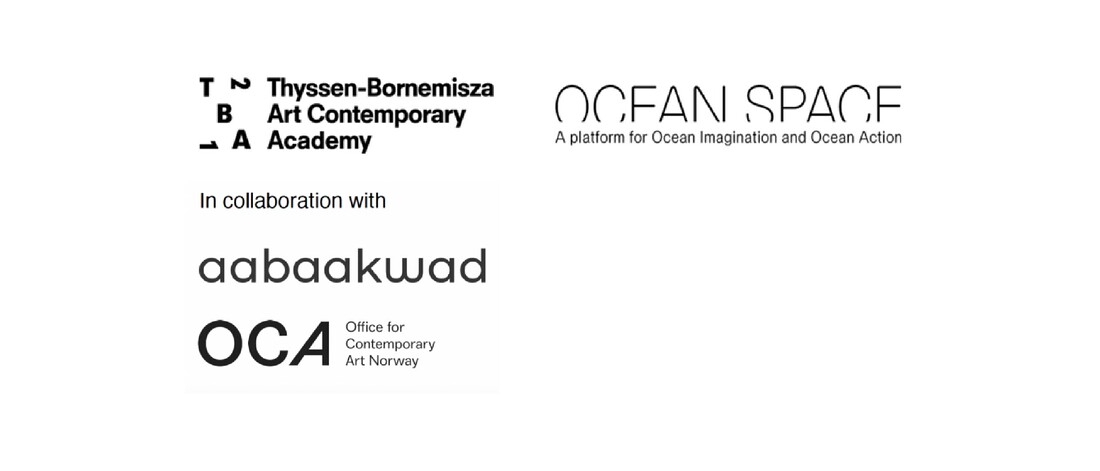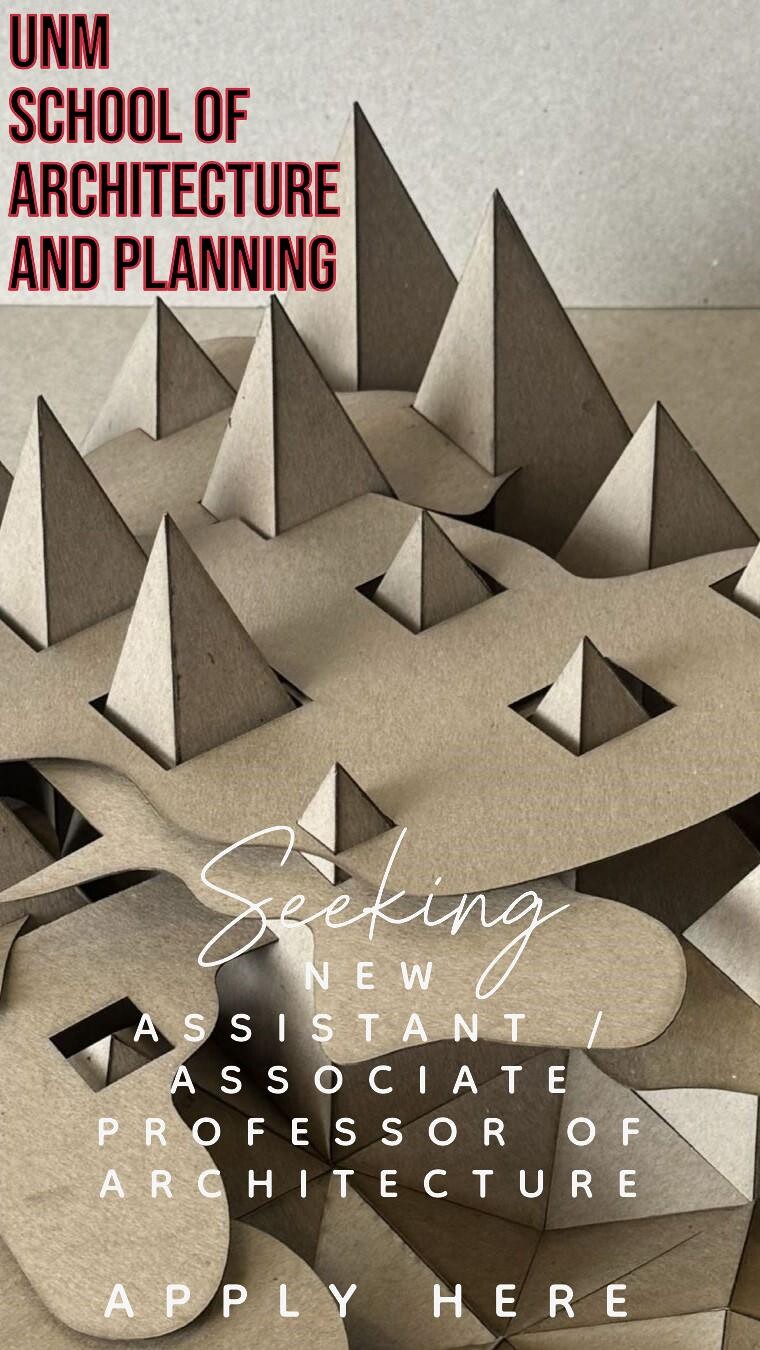TBA21–Academy’s Ocean Fellowship is conceived as a collaborative effort to share relations with the Ocean in different parts of the planet as well as recognizing their differences and commonalities. This year, we engage with Indigenous perspectives on what is and what could be the Ocean and how bodies of water should be treated from an Indigenous worldview.
Co-produced with Schmidt Ocean Institute, co-founded by Eric and Wendy Schmidt, and in collaboration with The Sámi Pavilion at the 59th Venice Biennale in 2022, the Office for Contemporary Art Norway, and aabaakwad, the Ocean Fellowship 2022 gathers participants to consider our kinship and duties of care toward the Ocean and its relations in multi-species communities and their diverse lifeforms. What are our responsibilities toward the Ocean? How can thinking from the Ocean build radically inclusive environments? Indigenous perspectives are brought to the center of our work to define resurgent values, forms, and stories to intertwine knowledges of the past, present, and futures of the Ocean we are all in relation with and dependent upon.
TBA21–Academy is delighted to announce the five selected fellows: Matti Aikio, Liryc Dela Cruz, Ursula Johnson, Fernanda Olivares Molina, and aqui Thami. The participants were selected by an international jury composed of the two Ocean Fellowship mentors: artist Rebecca Belmore and Professor of Sámi Culture and Literature Harald Gaski; along with Brook Andrew, artist; Katya García-Antón, director and chief curator, Office for Contemporary Art Norway; Wanda Nanibush, curator, Indigenous art, Art Gallery of Ontario; Markus Reymann, director of TBA21–Academy; and Megan Tamati Quenell, Curator of Modern & Contemporary Māori and Indigenous Art at the Te Papa Tongarewa Museum of New Zealand.
“What we expect to get out of the time together in Venice is a productive sharing of ideas from several cultural and professional backgrounds which will manifest itself in artistic and scholarly outcomes that will inspire to further contemplation of the relation between human practices and environmental sustainability. We aim to deal with these issues collectively as a group and from a magnitude of ideas and experiences, which will include discussions of Indigenous peoples ways of seeing and being, represented in the view of how oceans, rivers, lakes, and inland all belong together and function together in a wholeness that is needed in order to keep Mother Earth alive and thriving.” —Rebecca Belmore & Harald Gaski, Ocean Fellowship 2022 Mentors
The Ocean Fellowship facilitates connections across the diverse localities, knowledges, and oceanic routes of its fellows and mentors, who will spend time together at TBA21–Academy’s Ocean Space in Venice exploring opportunities to learn through Indigenous methodologies that will reach wider audiences through the Academy’s ecosystem: Ocean Space, Ocean-Archive.org, and OCEAN / UNI. The Fellowship continues to bring attention to storytelling as a methodology, as an action that portrays and conveys a territory, a mindset, and a substance, encouraging intergenerational exchange, building resilience in communities.
Fellows
Matti Aikio is a Sámi visual artist from the Finnish side of the Sápmi. He has a background in Sámi reindeer herding culture. He holds an MA in contemporary art from Tromsø Academy of Contemporary Art. Aikio’s art has been exhibited in various countries in Europe, Asia, and Latin America. He works with mixed media, photography, sound, installations, video, sculpture, and text. His main interest as an artist is to try to offer the spectators a possibility to shift perspective on established opinions and marginalized topics. Aikio also performs as a DJ.
Liryc Dela Cruz is an artist and filmmaker from Tupi, South Cotabato in Mindanao, Philippines, currently based between Rome and Paris. His work, selected and screened in different international film festivals and art events, is thematically related to his origins, history, decolonial practices, and personal psychology. Recently, he debuted a performance in Teatro Nazionale in Rome as part of his ongoing research project “Il Mio Filippino/a,” a project about decolonizing the slave and colonized bodies of Filipino cleaning and care workers and tracing its link to the transpacific slave trade.
Ursula Johnson is a Mi’kmaw Interdisciplinary Artist from Eskasoni First Nation of Unama’ki District (Nova Scotia, Canada). Johnson consistently works within a wide range of mediums, while maintaining the foundation of her practice in performance and installation. Much of her work employs cooperative didactic intervention, is place-based and often includes collaboration with others. She describes her work as “changing mediums based on who I am talking to and what conversations I am trying to have”.
Fernanda Olivares Molina is a 30 years old Selk’nam woman. She studied hospitality management in Santiago (Chile) and is currently CEO at Fundación Hach Saye, a foundation created to protect both Selk’nam culture and the biodiversity of Isla Grande de Tierra del Fuego. She moved to Tierra del Fuego last year after eight years of traveling and moving inside Chile.
aqui Thami is a Janajati/Indigenous artist she lives and works in bombay she uses social exchanges and developed safe spaces to position art as a medium of healing in community most of her works are self-funded and realised in collaboration.
Mentors
Rebecca Belmore, a member of the Lac Seul First Nation (Anishinaabe), is an internationally recognized multidisciplinary artist. Rooted in the political and social realities of Indigenous communities, Belmore’s works make evocative connections between bodies, land, and language. A recipient of many awards and recognitions, her work has been presented in solo exhibitions at institutions as well as in major international exhibitions.
Harald Gaski was born and grew up on the river Deatnu in Sápmi, on the 70th latitude in the northernmost county in Norway. Gaski is an author, editor, and a Professor in Sámi Literature at Sámi allaskuvla (Sámi University of Applied Sciences) and a Professor in Sámi Culture and Literature at UiT – the Arctic University of Norway. Gaski’s research specializes in Indigenous methodologies and aesthetics, and Sámi culture and literature. He has been instrumental in establishing Sámi literature as an academic field.


